The Big Lebowski follows the travels and travails of Jeffrey Lebowski (Jeff Bridges) preferably known as “the Dude” (or Duder, or El Duderino if you're not into the whole brevity thing). The Dude is a lazy Californian hippie who really only loves three things: smoking weed, going bowling with his buddies, and drinking beers with his bros. The Dude’s rather peaceful lifestyle is interrupted one day when thugs break into his home, and begin destroying his property, demanding the ransom for his kidnapped wife Bunny (Tara Reid). The Dude, who is not married, soon realizes that he is in the middle of a huge mix up: the thugs were after the other Jeffrey Lebowski, the titular Big Lebowski, a multimillionaire and self-proclaimed business icon (David Huddleston). Furious over the loss of his rug to the thugs, the Dude marches over to Big Lebowski’s house to demand recompense. The Big Lebowski entrusts the Dude to deliver the ransom, and from there the Dude becomes embroiled in an unfortunate series of events that involves a gang of German nihilists, a pet marmot, and an anarcho-feminist memorably played by Julianne Moore.
What makes The Big Lebowski so hilarious and remarkable is not its plot but rather it’s amazing characters. The plot is actually rather non-cohesive, with the Dude just bumbling from one ridiculous situation to another, with very little direction. The Dude is the archetypical hippie who hates the “square community.” He seems to live an almost ascetic-like lifestyle, living in a very modest home with few belongings, performing tai chi in the mornings, and meditatively listening to whale calls while taking a bath. The Dude is joined by his friends, Walter Sobchak (John Goodman) and Donny Kerabatsos (Steve Buscemi). Walter is a Vietnam War veteran who manages to bring up the Vietnam War in nearly every conversation he participates in. Walter has a hot temper, yet is very book smart, able to extensively quote historical figures such as Lenin and religious texts such as the Talmud, and is a devout Jew, despite the fact that he was raised an Irish Catholic. Donny is the quietest member of the group who often unintentionally provokes Walter’s wrath by interrupting him. These three friends for an eccentric little group that makes its way through the ludicrous events in the movie.
The Big Lebowski is really a collection of vignettes, following a one crazy hippie through one of the strangest series of events ever put on film. The best part of the film is watching colorful characters react to crazy situations, such as a naked women flying on tightropes flinging paint on a canvas. Through it all the Dude is unfazed, keeping his undying sense of optimism for a calmer tomorrow. In an age of franchise, sequels and reboots, The Big Lebowski is a delightfully unique indie gem that should not be forgotten.
Grade: A+
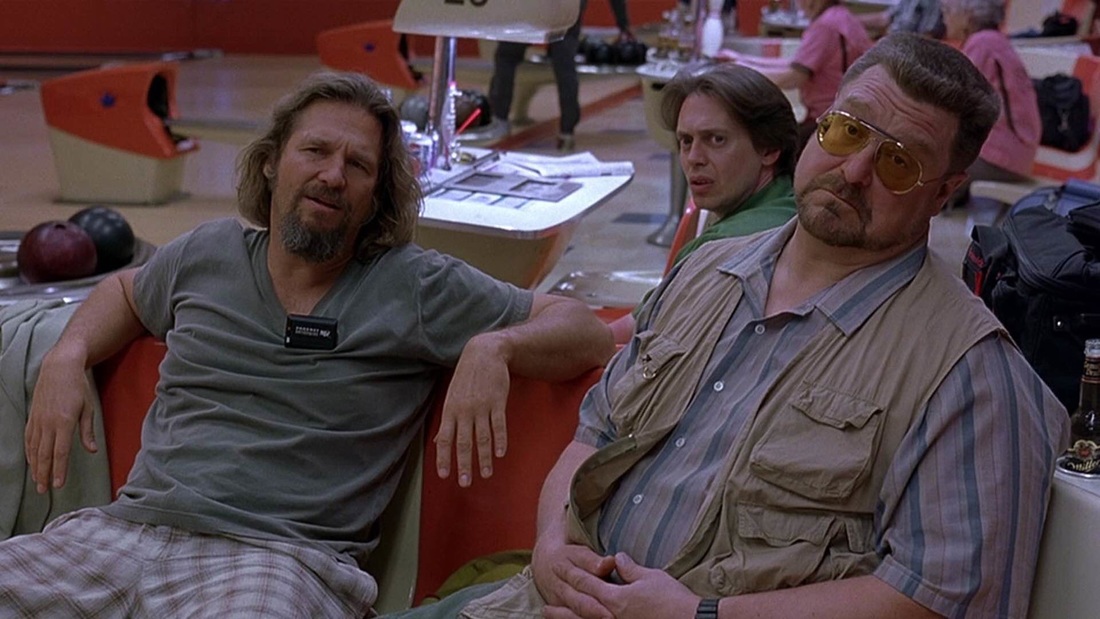
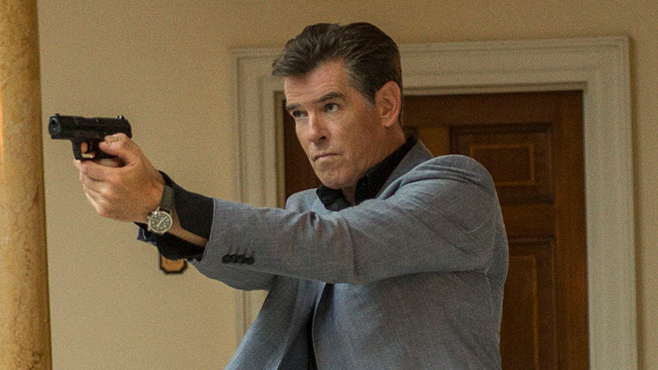
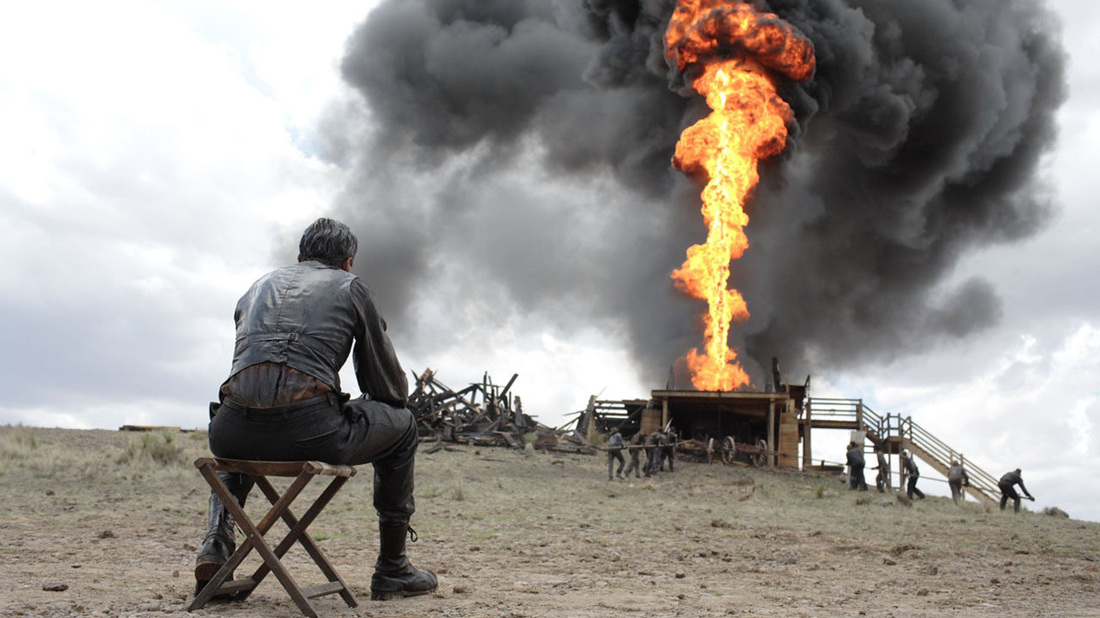
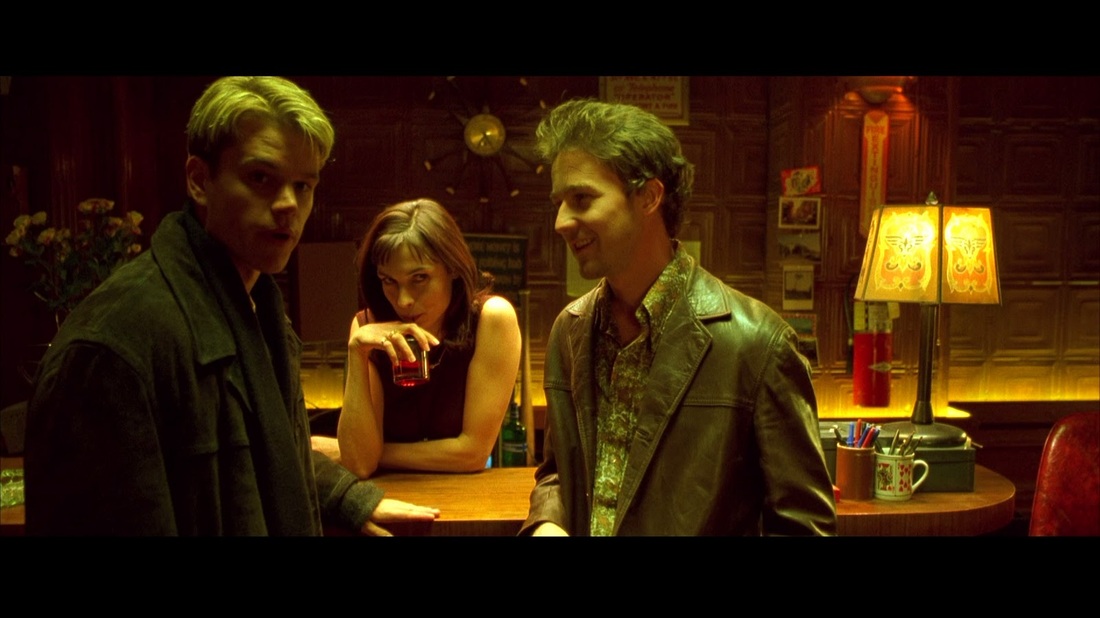
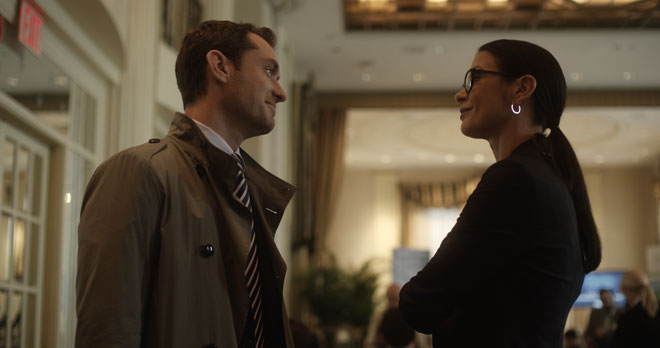
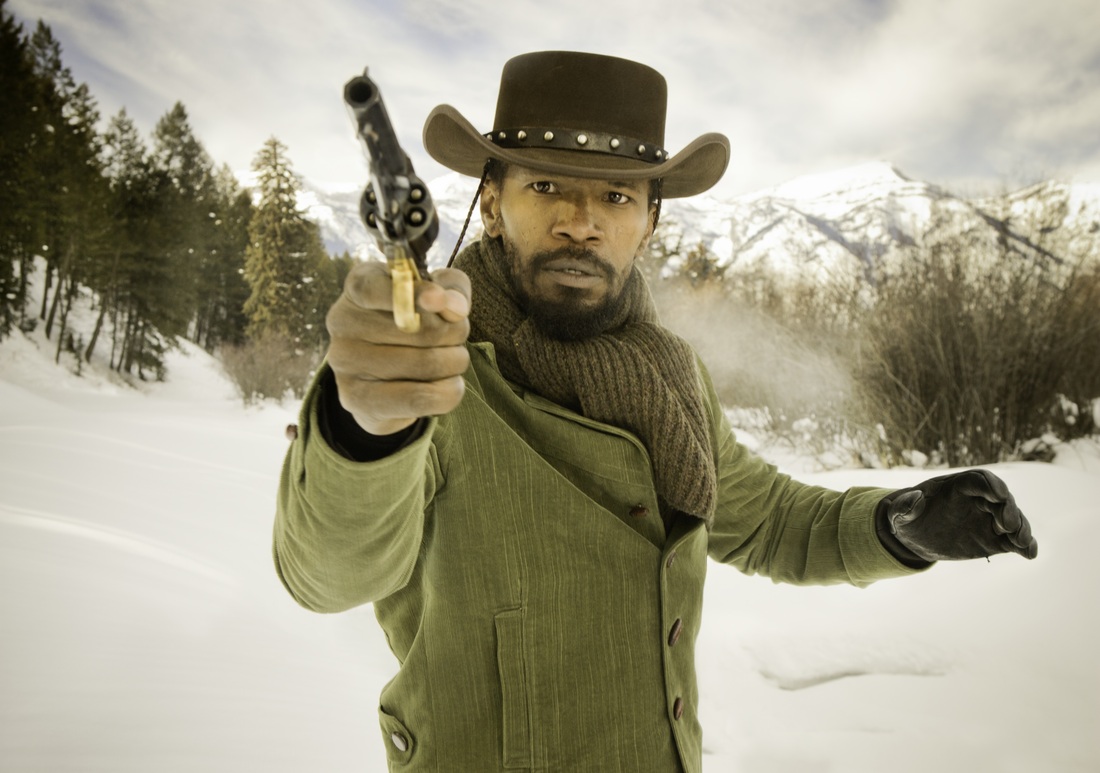

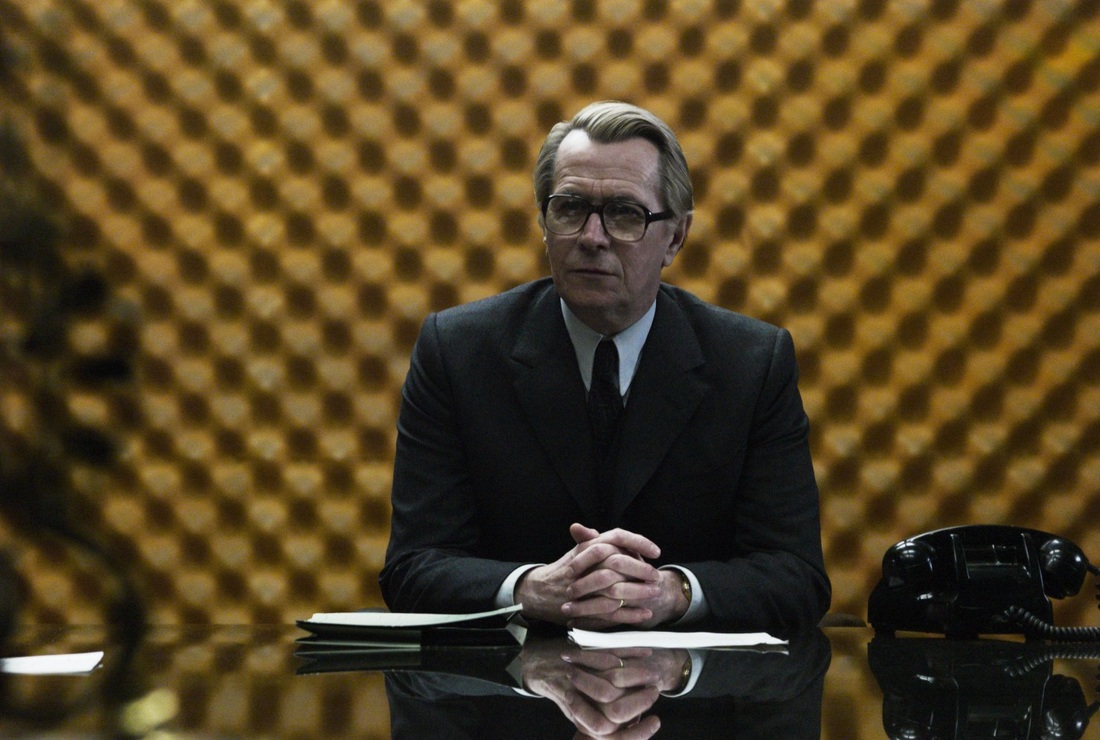

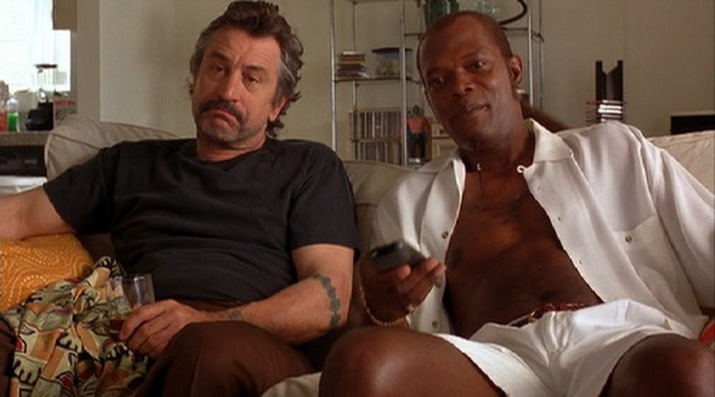
 RSS Feed
RSS Feed
